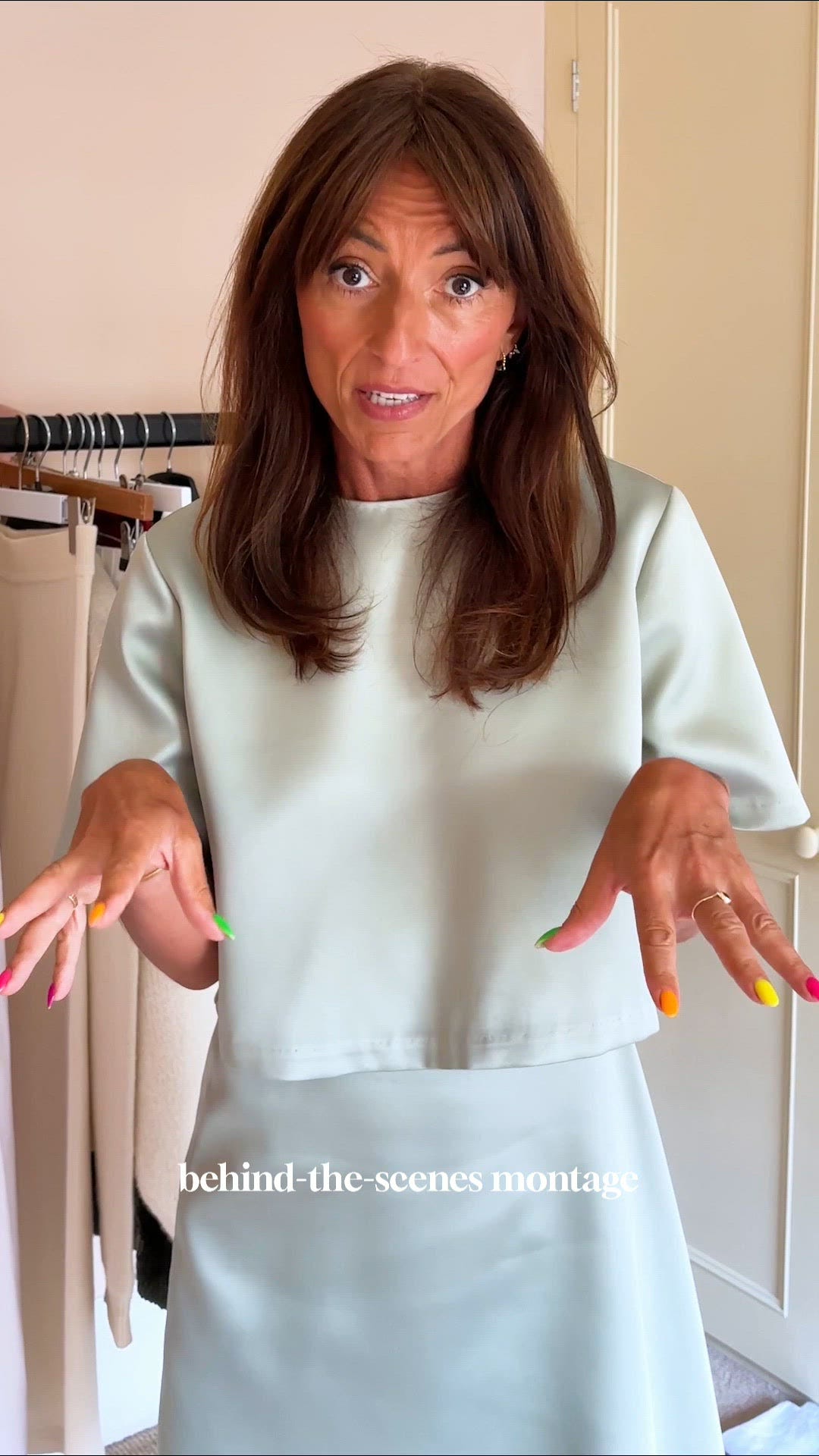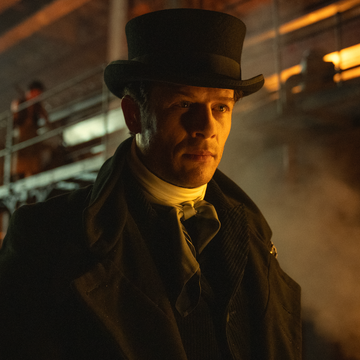While the pictures of Hugh Grant nodding off whilst watching Wimbledon action may have raised a laugh, plenty of us can relate. Whether you’ve felt the weight of a nodding commuter on your shoulder on the train, immediately snoozed as a car passenger or struggled to keep your eyes open watching TV, resisting the urge to sleep is a familiar feeling.
I have felt my eyes closing on a few different occasions, most recently as a helper on my son’s school trip as we visited a planetarium. Only last week I heard snores coming from the row behind as I watched a film at the cinema. So why is it happening?
Hannah Shaw is Head of Sleep Science at Mattresses Online. She says, “The simple answer is you are tired. If you are falling asleep in the middle of the day, whether that’s nodding off on your commute or fighting sleep during a mundane task at your desk, then you lack sleep.”
What to read next
With the heat zapping our energy and making a comfortable night's sleep feel almost impossible, many of us are likely to be feeling even more tired than usual, but age and life stage can play a part too. “As we age our sleep architecture changes. As children we need to grow and develop and learn. Sleeps becomes lighter and more fractured with age so while you might be getting the 7 to 9 hours in bed you always had, you could feel less refreshed.”
And according to Hannah, women have been dealt the short straw when it comes to sleep - especially during a heatwave. “Women have poorer sleep, which is linked to their menstrual cycle and body temperature. During the luteal phase, our bodies are 0.4 degrees warmer and our bodies need to be cooler to fall asleep. The menopause brings fluctuating hormones which have a direct effect on sleep architecture.”
It’s not news that we lead busy lives but according to Hannah, it’s when we take a pause and slow down that our urge to catch up on missing sleep can hit. That’s why we can find ourselves fighting the sensation of dropping off:
“When we are sitting not doing very much, that’s when the waves of tiredness can make us feel like we’re about to drop off. Things like watching TV, reading quietly, or hearing the repetitive sounds of the train on the tracks. In the theatre or cinema, we feel relaxed and are also sitting in the dark.”
How we sleep overnight affects how our bodies respond the next day. Hannah says, “We need two different stages of sleep to feel refreshed: the light sleep for emotional processing and storing our memories then the deeper sleep which is all about physical rebuilding and washing out toxins. If you aren’t getting enough sleep at night, that’s when we crave things like sugary foods. And if you start to fall asleep on the train that suggests an accumulation of poor nights and fewer hours of quality sleep.”
How to feel less tired in the day
We can accept that we are sleep poor but catching 40 winks on a working day is not the answer. So how best to start feeling more alert?
Let there be light
Hannah recommends getting a blast of daylight if you feel yourself slipping into a sleepy state. “Access to natural light is brighter than any lightbulb. Don’t stand in a kitchen chatting, if you have a 10-minute break, go outside.” Researchers from Osaka Metropolitan University in Japan said 20 minutes of sunlight may help us feel more alert.
Move
To stay alert, stay active. Hannah says, “Exercise will raise your core body temperature and you can think of it as stocking up tiredness points if you like. If you move in the day, it will help at night and the next day.”
But exercising within four hours of bedtime is not recommended. Researchers at Monash University in Australia found it results in poorer sleep quality.
Drink coffee
Hannah acknowledges that caffeine can help, but it depends on the time of day: “Caffeine blocks adenosine – the sleepy receptors. It can help but I would only drink caffeine in the first half of the day.”
An Australian sleep review in 2023 found that coffee should be drunk eight hours before bedtime, or risk losing 45 minutes of sleep.
Get your iron levels checked
Symptoms of being iron deficient include fatigue and tiredness but also restlessness at night. Women are more susceptible to having low iron especially when experiencing heavy periods. The NHS states the most common symptom of iron deficiency anaemia is persistent tiredness.
Perfect your bedtime routine
It sounds simple but according to Hannah, if we fix our night-time sleep shortcomings, the daytime ones will follow: “Allow yourself to get good quality sleep by prioritising winding down. When it comes to children, we are all aware of the importance of winding down, limiting screen time or having a calming bath. But as adults we might quickly send an email or wipe down the kitchen counters or stand in a bright bathroom just minutes before we expect to fall asleep. Instead of losing an hour to scrolling or running around tidying, go to bed. If you achieve consistency around a getting a good night’s sleep, then you will not want to drop off during the day.”













